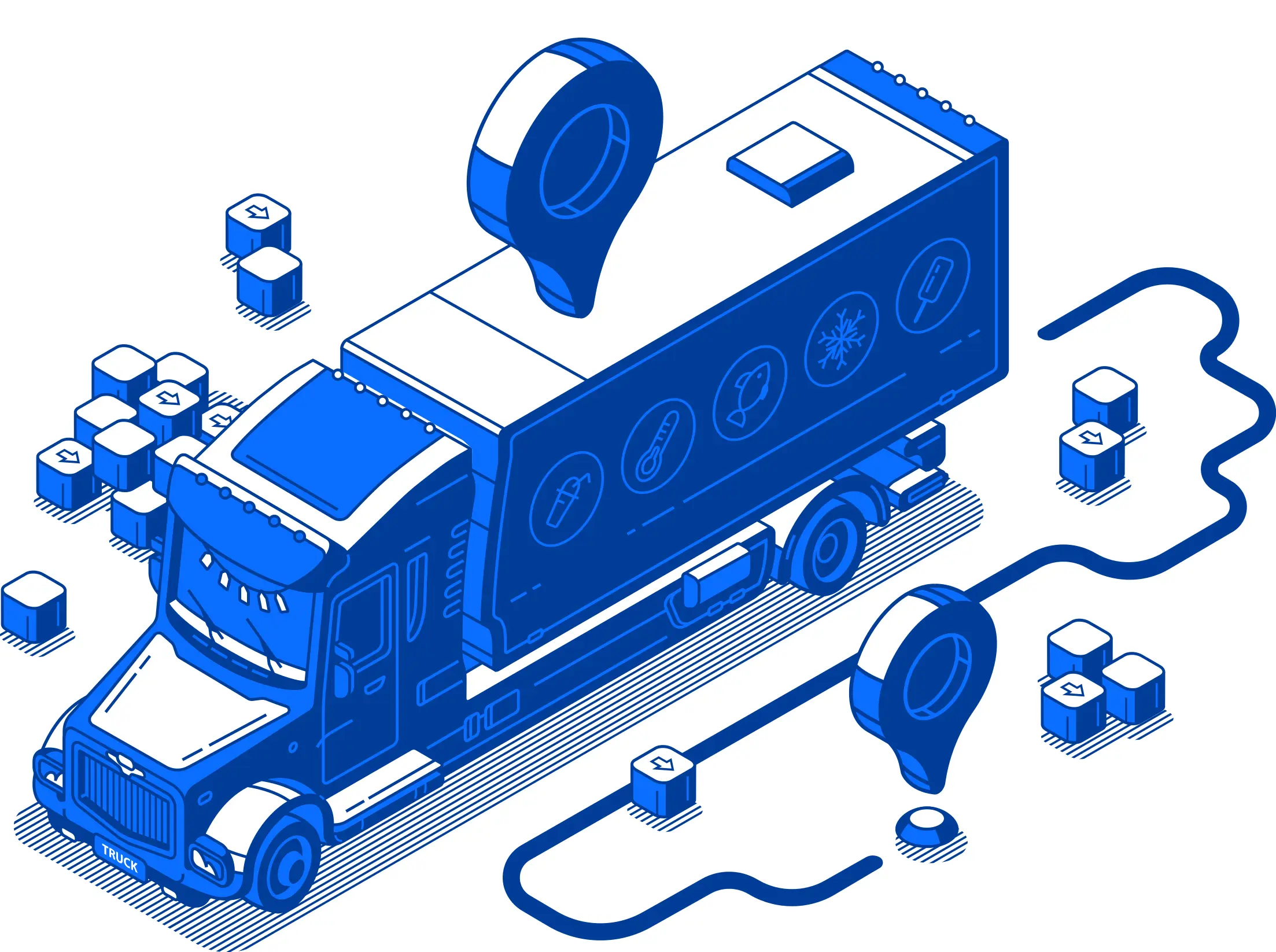Starting a trucking company requires careful planning and attention to detail. If you miss any steps, it could lead to steep fines or even shut you down. Even if you do everything right, there’s no guarantee you’ll make it. Around 9 out of 10 new trucking companies fail in their first year.
Eight things top the list explaining why new trucking companies fail. Are you making any of these mistakes?
- Difficulty finding new clients
- Failure to have a workable business plan
- Lack of technology
- Market changes
- Poor cash flow
- Problems finding and maintaining drivers
- Struggles to maintain and stick to a budget
- Unexpected market changes
Working with a freight factoring partner can be the key to success. Saint John Capital’s tips help you get on the path to success.
Get Your Business Set Up
You need to come up with a name for your business. You also need to apply for an EIN with the IRS so that you can get insurance, get paid, and file yearly business taxes. To get an EIN, you need a Taxpayer Identification Number, such as an ITIN or SSN. Go online to IRS.gov to the Small Business and Self-Employed area for “Employer ID Numbers.”
It’s also time to develop a strong business plan. A business plan should have a summary of your trucking company’s goals and the type of freight you’ll be hauling. You want a market analysis, structure of the management and employees, financial projections, and marketing processes. If you’re being funded through a small business loan, that needs to be laid out and explained as to how the money will be spent.
Make sure your business plan sets clear goals, lays out how day-to-day operations will be managed, what your resources are, and how you plan to measure progress. The more detail you include, the better guidelines you have to follow as you get started.
You need at least one truck. Buying these trucks takes money or requires a loan to pay off the truck every month through a lease or purchase. The price of a new semi averages $175,000 to $250,000. Even if you buy used, you’re still looking at prices over $50,000.
Apply for Your FMCSA Permit and Other Important Permits and Coverages
If you want to get paid to haul freight, you may need a Federal Motor Carrier Safety Administration (FMCSA) permit. The only companies that do not need one are private carriers hauling their own items, carriers in a federally-designed zone, or carriers hauling exempt cargo. Most trucking company start-ups need a Motor Carrier Authority (MC) number.
The type of MC number depends on what you’re hauling and where you’re hauling it. Intrastate (within one state) and interstate (across state lines) impact what permits and insurance you need. It also depends on whether you’re hauling.
- Broker of Property (excluding household goods)
- Broker of Household Goods
- Hauler of Property (excluding household goods)
- Hauler of Household Goods
- Enterprise Carrier of International Cargo (excluding household goods)
- Enterprise Carrier of International Cargo
- Freight Forwarder
- Motor Passenger Carrier
- Canada-Based Carriers
- Mexico-Based Carriers
The type of carrier matters as you have to fill out an OP-1 and instructions differ depending on the type of trucking business. You also need to fill out a BOC-3. Finally, some trucking companies must apply for a USDOT number. There’s an online USDOT questionnaire to help you determine if you need one.
Once you’ve done that consider getting a Transportation Worker Identification Credential (TWIC) card. That allows drivers to operate within ports and airports. It’s not mandatory, but it can put you ahead of the competition.
You’re going to need insurance for your trucking company. This includes insurance on your trucks, the cargo being hauled, any buildings you operate from, and your drivers. You want insurance that covers damage caused to other vehicles in a crash and also medical expenses and property damage. Insurance that protects against data breaches is also important to consider in today’s world.
Complete the Safety Audit
New trucking companies are required to complete a safety audit in their first 12 months. Make sure you complete this mandatory process and submit the paperwork to the FMCSA before the deadline passes. During this time, you need a proven record of safe operation, up-to-date records, routine maintenance, and passing safety inspections.
The safety audit is performed by a certified U.S. safety inspector or state enforcement officer. Pass the audit by making sure you:
- Have a drug and alcohol testing program in place that’s performed randomly.
- Prohibit a driver from working if he or she refuses a random drug and alcohol test.
- Never use a driver who failed to complete a program after testing positive for drugs.
- Refuse to allow a driver with a BAC of 0.04 or higher to work.
- Only use drivers with a valid CDL with no revocations, suspensions, or cancellations.
- Only use drivers who pass medical exams.
- Keep insurance coverage updated and at the required level.
- Ensure your drivers keep hours-of-service records, which is easy to do when you embrace technology in your trucks.
- Repair trucks as soon as possible and keep those trucks out of service until repairs are made.
- Keep truck and trailer inspections up-to-date.
Carefully Plan Expenses
Every dollar you spend needs to be a planned expense. You can’t stop your trucks from blowing a tire and needing a new one, but you can have cash set aside for unexpected truck repairs. Sometimes, expenses you face aren’t expected or your fault.
You delivered a load for a client last month, but you still haven’t been paid. You can’t pay your credit card bill, so you have a late fee now that’s adding to your monthly expenses. You also have the interest that’s building up each day that you carry a credit balance.
Now, consider how much more late payments can cost you. You have an SBA loan and you’re a month late. The late payment fee is upwards of 5% of the amount you owe. A bank like Wells Fargo charges $25 to $50 in late payment charges.
Every late payment appearing on your credit report impacts your credit rating, too. A low credit score means you’ll spend more on future loans because interest rates are drastically higher. Being able to pay bills on time is crucial to your new trucking company.
Take Advantage of a Freight Factoring Specialist’s Expertise.
A freight factoring arrangement is ideal for avoiding late payment fees and penalties. Instead of chasing down payments, the factor pays you as soon as you deliver the load. Pay a small fee to the factoring company and get paid quickly. The fee you pay for freight factoring is far less than the late fees on loans and credit cards, and it’s far less than you’d pay in higher interest if your credit rating plummets.
Saint John Capital has been helping trucking companies thrive since the 1990s. Ask us about the many benefits of freight factoring and what you need to do to get started.











